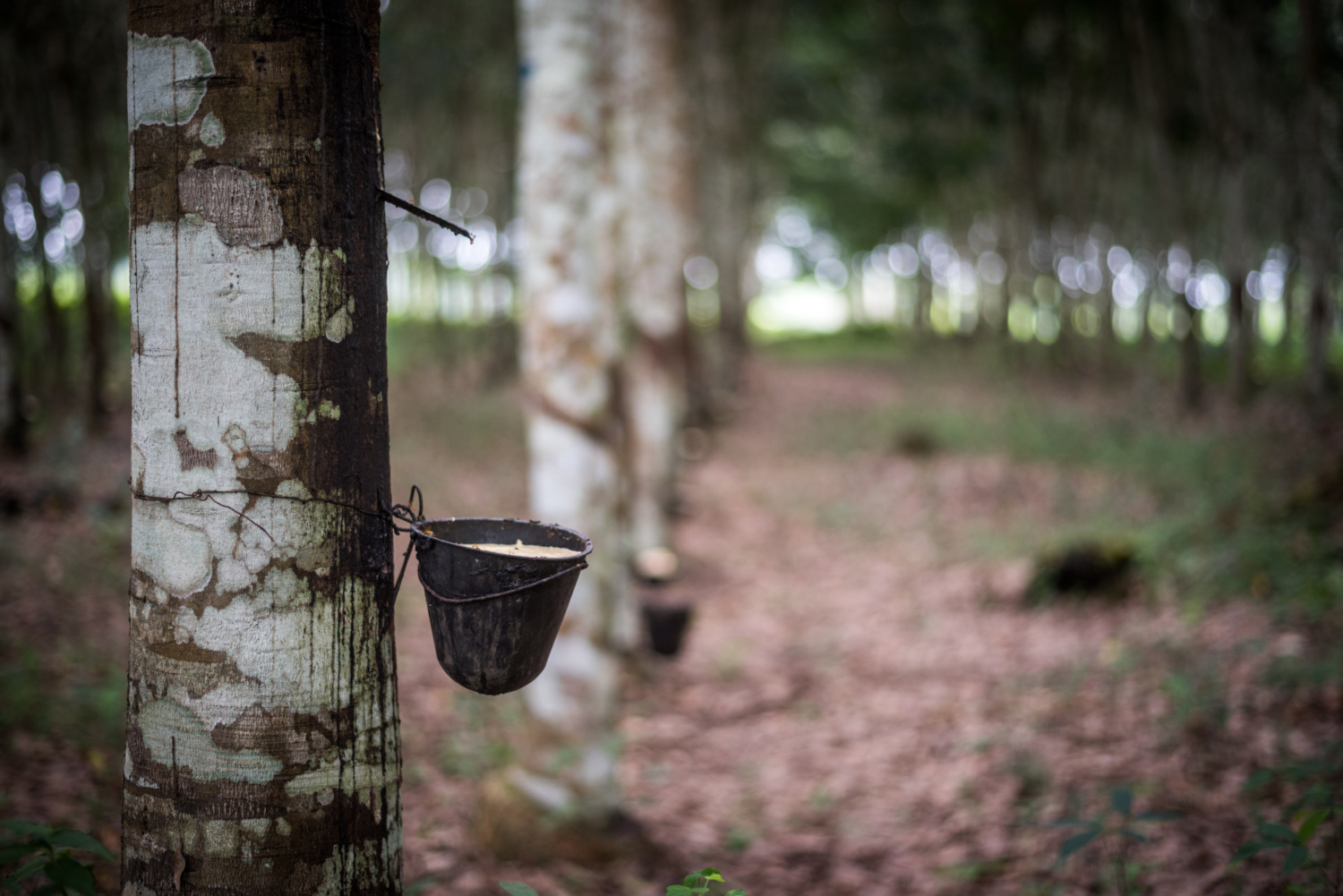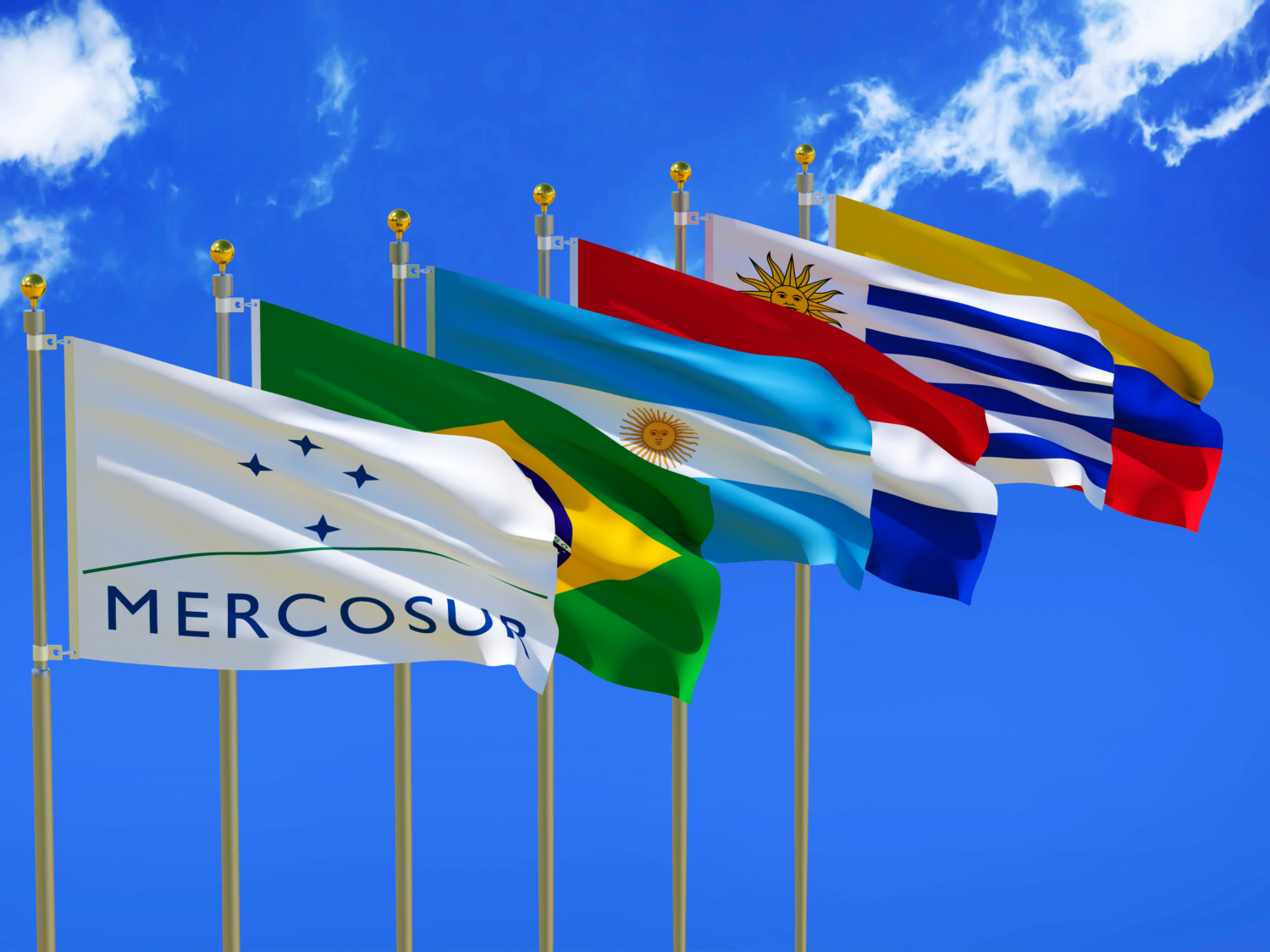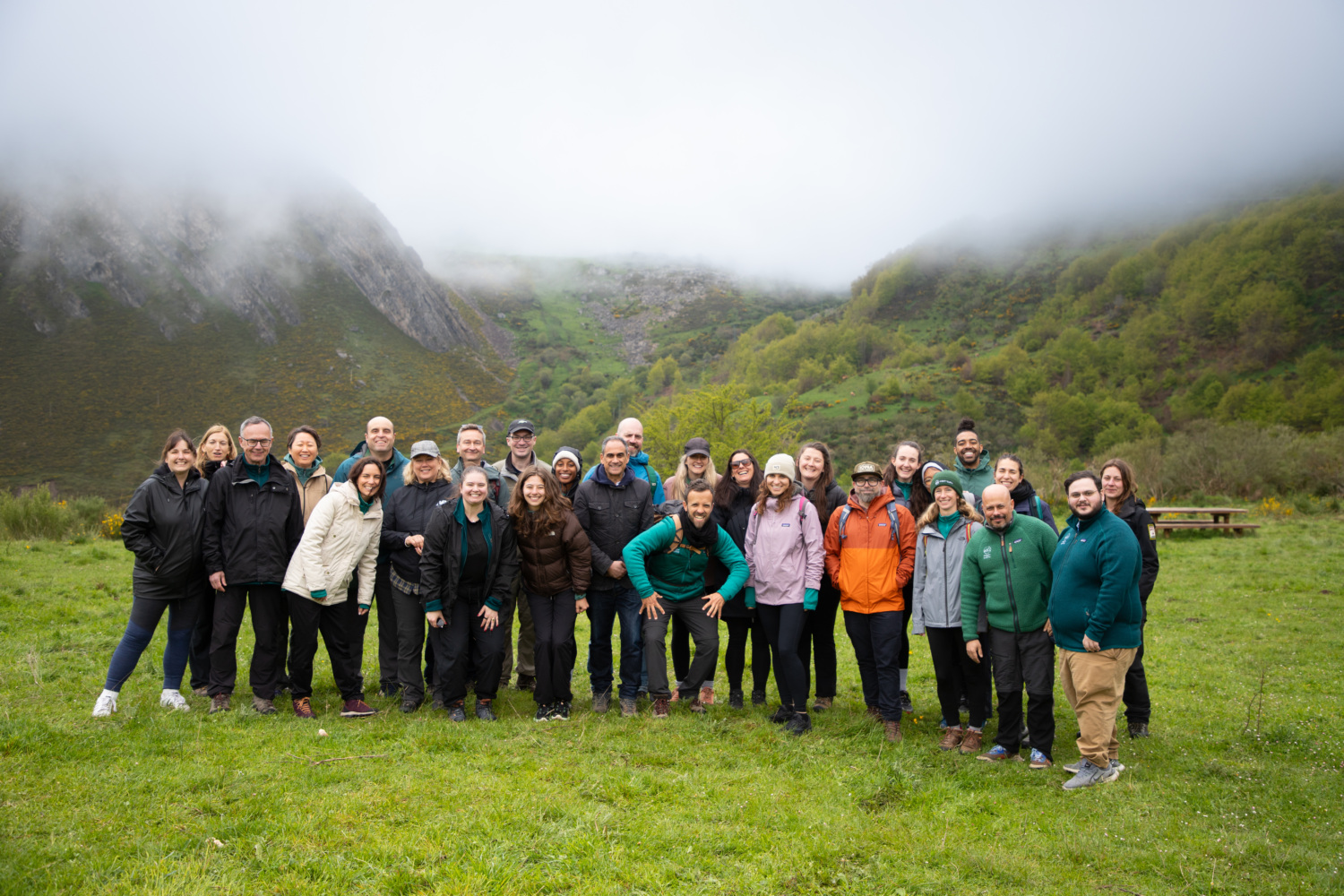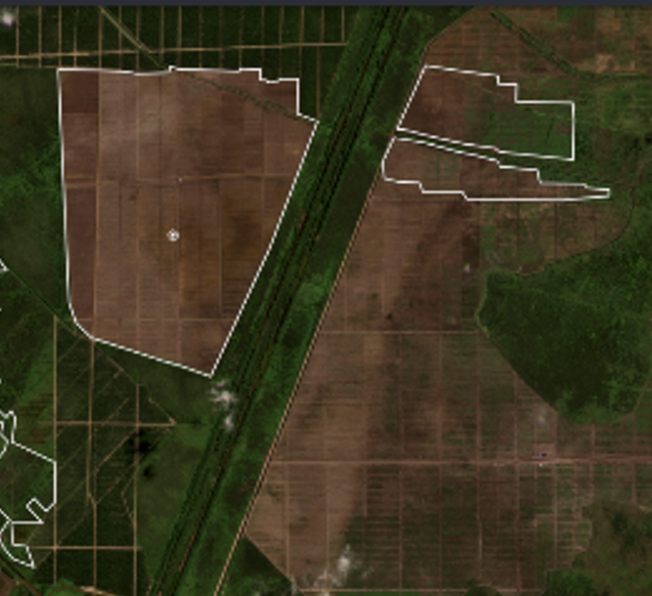
Halcyon Five Years On: Reforming the World’s Largest Rubber Company
Five years on from a joint agreement on sustainability between Halcyon, Mighty Earth and APED, Mighty Earth looks back at the progress that has been made to date, and what lies ahead for the rubber giant in its next phase of leadership over its Hévécam and Sudcam rubber operations in Cameroon.
A common problem across the natural rubber sector has been the suppression of key basic data about the origin of latex rubber entering the supply chain. Whilst the palm oil and cocoa sectors have made strides towards publicly sharing the names and locations of mills, co-ops or farms that they source from, tire companies and rubber producers and processors rarely share the countries they source from, let alone the district or plot.
While 85-90% of natural rubber is sourced from smallholder producers – presenting challenges to establishing full farm-level traceability – this lack of visibility makes it difficult for CSOs, sustainability experts and other external stakeholders to work with companies in the sector to “get ahead” of emerging issues; often leading to the need to react to problems that have been uncovered after the fact. This also creates an in-built lack of trust in the market, as downstream buyers never really know what they’re getting.
Unfortunately, Halcyon has been no exception to this rule, and there remains a distinct lack of publicly accessible data on the company’s overall natural rubber sourcing and operations. As the world’s leading producer of natural rubber, we believe Halcyon should be a frontrunner on supply chain transparency, playing a leadership role ahead of its competitors with full disclosure of their natural rubber sourcing, including farm-level geolocation data.
During the initial period of the agreement, Corrie MacColl made significant strides in addressing some of the key areas of concern at both Hévécam and Sudcam. The company published and implemented a no-deforestation policy, prioritised cleaning up waterways and providing access to clean drinking water by installing community bore wells, and established an online public grievance mechanism. It began to undertake regular consultations with communities, with help from the local organisation APED, and developed a three-year social action plan (a key performance indicator of a sustainability-linked loan from Deutsche Bank). The company also made initial progress in its SPOTT assessment scores, an index created by the Zoological Society of London (ZSL) to rate company performances on their public disclosure of environmental, social and governance policies and practices. A full review of the company’s achievements in the first 18 months of the agreement can be found in Mighty Earth’s 2020 report.
Despite the encouraging start, however, progress on sustainability across the two concessions has since slowed. This could be attributed to a number of internal and external challenges, including the COVID-19 pandemic; reduced funding for sustainability programmes due to depressed natural rubber prices, or a de-emphasis on sustainability by Halcyon’s senior leadership after November 2022, when China Hainan Rubber purchased a controlling share in the company. Whilst acknowledging these challenges and the initial progress made from 2019-2020, this report highlights significant gaps that remain in Halcyon’s sustainability approaches, which run a risk to the company, its customers and the communities impacted by its operations.
The most noteworthy of these gaps is a lack of consistent engagement with local civil society organisations (CSOs) and sustainability experts to facilitate truly equitable and accessible communication between Indigenous Peoples and local communities with the company, and hence limiting Halcyon’s ability to better address social problems and environmental concerns linked to their Cameroonian operations. Our analysis also identified a recent deceleration in activities to support local communities including the construction of community bore wells and the outgrower agroforestry programme; and environmental commitments to restore degraded land. The company’s SPOTT assessment performances also faded in the period from 2019-2024.
This report comes at a timely point in the context of several new regulations, including the European Union Deforestation Regulation (EUDR), EU Corporate Sustainability Due Diligence Directive (CSDDD), and the Corporate Sustainability Reporting Directive (CSRD). Mighty Earth is encouraged to see that Halcyon has invested intensively in preparing for compliance with the EUDR within its Cameroon operations, including through mapping and georeferencing the location of its smallholder suppliers – thus ensuring the continued access of the rubber produced by these farmers to the EU market. As things stand, it would be fair to say that Halcyon’s Cameroon operations appear to be amongst the leaders in the sector in terms of their readiness for EUDR.
However, persistent concerns relating to the social and socio-economic issues raised in this report suggest greater corporate due diligence will be required in those areas in order to align with the company’s forthcoming duties under CSDDD, as well as with Halcyon’s current corporate sustainability commitments, including alignment with its obligations as part of GPSNR.
Finally, it is worth noting that conversations with Corrie MacColl over the past few years have often referenced tight budget constraints for expenditures relating to social programmes or other sustainability interventions. Whilst Mighty Earth recognises that Halcyon must operate within the normal laws of business revenue vs expenditure, we would suggest that the group allocate a slightly greater share of its gross profits ($146.168 million in 2023) to finance its vital sustainability work in Cameroon.
KEY RECOMMENDATIONS
Mighty Earth recommends that Halcyon:
- Publishes georeferenced data and/or shapefiles of its rubber plantation operations in Cameroon, Malaysia and Côte d’Ivoire, as well as declaring the districts from which it sources smallholder rubber, by the end of 2025; with a view towards farm level point of origin disclosure by the end of 2026.
- Halycon should continue to express strong public support for progressive public policy initiatives – such as the EU Deforestation Regulation (EUDR), the EU Corporate Sustainability Due Diligence Directive (CSDDD), and the EU Corporate Sustainability Reporting Directive (CSRD) – that strongly align with the company’s sustainability commitments, as well as to show leadership in relevant multi-stakeholder fora such as the Global Platform for Sustainable Natural Rubber (GPSNR).
- Increases the budget available to the management of Corrie MacColl for its sustainability programmes in Cameroon.
- Re-establishes relations with local civil society organisations to facilitate the activities of the social action plan.
- Engages with sustainability experts and cultural mediators for guidance on effective community consultation and equal and accessible participation of individuals representative of the Indigenous and local communities within the Hévécam and Sudcam concessions.
- Re-vitalises the online grievance mechanism with regular updates following consultations with communities and other relevant stakeholders.
- Prioritises restoration activities to remedy degraded and deforested lands within the concession, calling on the expertise of sustainability and restoration organisations to support the facilitation of this commitment.


